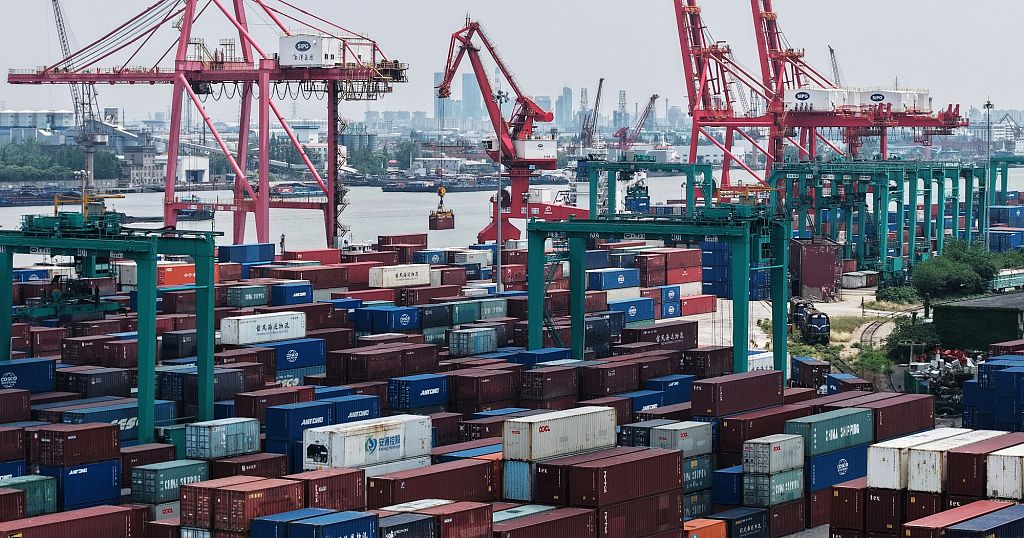IMF's Georgieva warns of broader risks from US strikes on Iran
Follow our live coverage here.
NEW YORK - International Monetary Fund managing director Kristalina Georgieva warned that the US strikes on Iran could potentially have broader impacts beyond energy channels, as global uncertainty escalates.
“We are looking at this as another source of uncertainty in what has been a highly uncertain environment,” said Ms Georgieva in an interview with Bloomberg TV on June 23.
The biggest shock so far has been seen in energy prices, which the IMF is watching closely, but “there could be secondary and tertiary impacts. Let’s say there is more turbulence that goes into hitting growth prospects in large economies – then you have a trigger impact of downward revisions in prospects for global growth”.
Global benchmark Brent surged as much as 5.7 per cent to US$81.40 a barrel early in Asia on June 23, before paring much of that gain in heavy trading.
The IMF already downgraded its global growth prospects for 2025 in April, when it warned that the US-led world trade “reboot” would slow growth.
Ms Georgieva said the first two quarters of 2025 have shown that trend holding, and while the world will likely avoid a recession, there is also higher uncertainty, which has a tendency to hold down growth prospects.
The world is bracing for Iran’s response after unprecedented US air strikes on the country’s nuclear facilities set traders and governments worldwide on edge.
US President Donald Trump’s decision to deploy bunker-busting bombs to hit sites in Iran pushed the Middle East into uncharted territory and raised geopolitical risks at a time when the world economy was already facing severe uncertainty over trade tensions.
More immediately, Ms Georgieva said the IMF is looking at how the unfolding conflict will impact oil and gas risk premia.
In the oil market, options volumes are spiking, and the futures curve has shifted to reflect tensions about tighter near-term supplies.
“Let’s see how events will develop,” she said, adding that she’s watching whether there may be disruptions to energy supply delivery routes or spillovers to other countries. “I pray no.”
As for the US economy itself, the IMF chief said she sees disinflation continuing, although the country is not in a state where the Federal Reserve feels comfortable cutting rates right now.
“What we expect toward the end of the year is possibly for the Fed to apply judgment that the time may have come for some adjustment in interest rates downwards,” said Ms Georgieva. She pointed to strength in the US labour market and solid pay gains helping consumers.
At the same time she warned that the more volatility there is, the worse the situation is for businesses.
“When there is uncertainty, what happens? Investors don’t invest, consumers don’t consume, and that holds growth prospects down.” BLOOMBERG
Join ST's Telegram channel and get the latest breaking news delivered to you.










